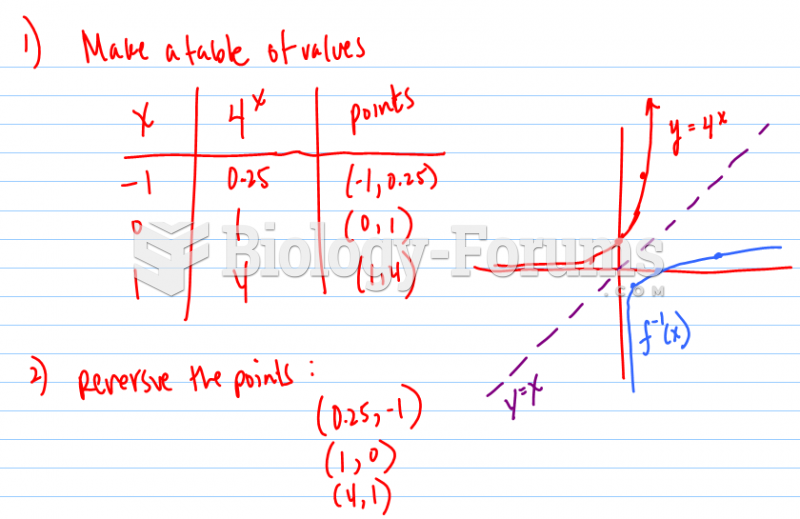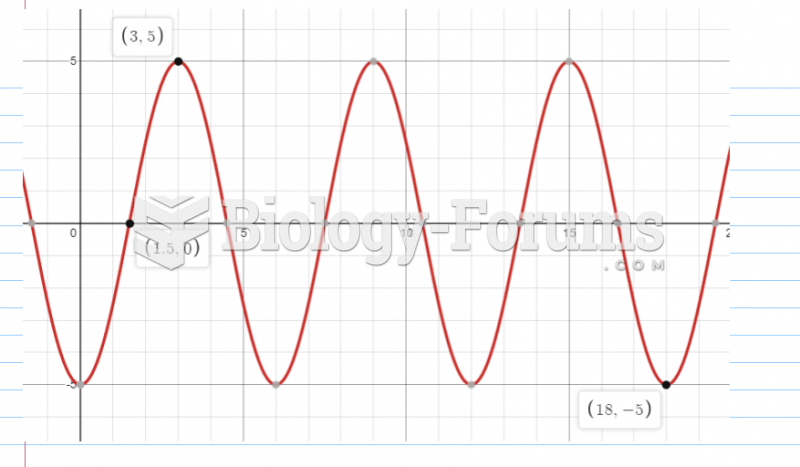|
|
|
The first documented use of surgical anesthesia in the United States was in Connecticut in 1844.
Elderly adults are at greatest risk of stroke and myocardial infarction and have the most to gain from prophylaxis. Patients ages 60 to 80 years with blood pressures above 160/90 mm Hg should benefit from antihypertensive treatment.
The liver is the only organ that has the ability to regenerate itself after certain types of damage. As much as 25% of the liver can be removed, and it will still regenerate back to its original shape and size. However, the liver cannot regenerate after severe damage caused by alcohol.
Most childhood vaccines are 90–99% effective in preventing disease. Side effects are rarely serious.
More than nineteen million Americans carry the factor V gene that causes blood clots, pulmonary embolism, and heart disease.







